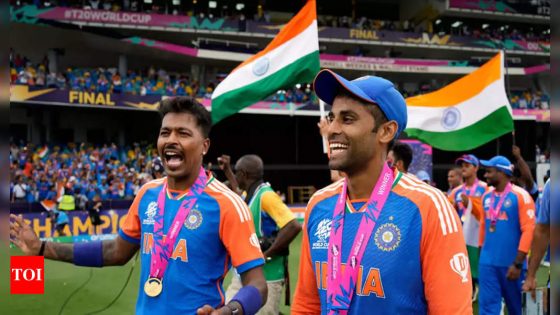The Canadian Olympic Committee has become the first national Olympic committee in the world to join the Centre for Sport and Human Rights.
The centre based in Switzerland launched in 2018 to promote human rights in sport and prevent violations of those rights.
Former Irish president and former United Nations human rights commissioner Mary Robinson is a founding patron.
Canada’s Olympic Committee joins World Rowing and the international field hockey federation, as well as companies McDonald’s and Airbnb, among organizations who say they’re committed to both recognizing their human rights responsibilities in sport and ensuring responsible practices in sport sectors.
“What it does to impact athletes is, ultimately it makes us a better organization and better allows us to understand the human rights approach to sport,” said the COC’s chief external affairs officer Andrew Baker.
“Athletes will benefit from a more informed national Olympic committee, which is a good thing.
“As we unfold and we develop this relationship, they’ll continue to be proud of this work because it represents Canada, it represents them, it represents all their efforts. It will prove through our actions that it’s not a PR stunt in the least.”
‘Mutually beneficial’
Immigration lawyer and former Canadian Olympic swimmer Nikki Dryden is among the centre’s eight board members.
The human rights centre is also working with four of 16 FIFA World Cup 2026 host cities, including Toronto, to advance child rights, safeguard child participation in sport and to influence municipal decisions that impact children’s lives in sport.
The centre recently opened a category of membership called “engaged organizations.”‘
The Canadian Olympic Committee was vetted by the centre to receive it, Baker said.
“We put in an application and they did an assessment of the various policies, certain procedures and programs that we have in place relative to respecting human rights, advancing human rights and we were accepted as a member in the context of that assessment,” he explained.
Canada has undergone a safe-sport reckoning in recent years, which accelerated after the 2022 Winter Games in Beijing.
Since then, Canadian athletes have tearfully testified to parliamentary committees about the abuse and maltreatment they’ve experienced, and the inability or unwillingness of sport organizations and the sport system to stop it.
The federal government has introduced various measures to address what’s been called a safe crisis, including the announcement of a commission, but stopped short of a national inquiry called for by some survivors and a former sports minister.
The COC launched a Team Canada Impact Agenda last year with the mandate of “making sport safe, inclusive and barrier-free so more young people can play and stay in sport.”
Fits into mission to clean up sport
The relationship with the Centre for Sport and Human Rights fits into that mission, Baker said.
“The Centre for Sport and Human Rights, it opens us up to relationships, it opens us up to conversations as a national Olympic committee and our focus has always been on connecting the domestic and international work and making that all work harder,” he said.
Canada’s sports minister Carla Qualtrough spoke at the centre’s most recent Sporting Chance Forum in December in Geneva, which COC president Tricia Smith and Baker also attended.
Germany’s Olympic Sports Confederation was the first to adopt a human rights policy and conduct a human-rights impact assessment last year.
“We’re happy to see different national Olympic committees engaging in this space,” Baker said. “I expect that there will be more NOCs becoming engaged members.”
Governments, corporations and private foundations, including the Swiss and U.S. governments, Anheuser-Busch, Coca-Cola, Procter & Gamble and NBC and Sky, was well as World Cup 2022 Qatar’s Supreme Committee for Delivery and Legacy, are among the centre’s financial donors listed on its website.
Source Agencies


